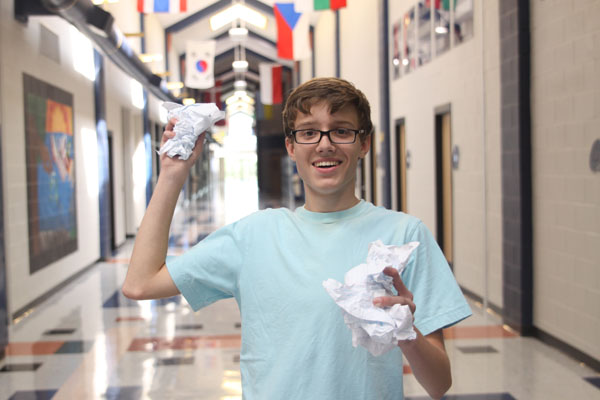Wayward Hallucinations
The next weeks seemed to continue in a nauseating normality. I was still locked up inside my house, the hallucinations my only form of company. My parents had started disappearing for hours at a time, reappearing with their arms buried under bulging bags full of supplies, “just in case.” They refused to tell me what that meant. But I figured it out just from the grim set of lines on their faces whenever I asked.
Yet the facade of normalcy was torn apart at night. We would turn of all the lights, and gather around the living room T.V. as if we were basking it its pale, flickering light. I would sit on the leather couch, my legs drawn against my chest as Dad fumbled with the remote, trying to change the channel. Eventually, he would succeed and the T.V. would change to a news show. We would sit there for hours, eyes irresistibly glued to the weary-faced reporter as she dredged through the gruesome stories about how the disease had claimed, not only another life, but another town, another city. It didn’t feel real back then; for some reason it was just as if they were bombarding us with meaningless statistics. Of course, I couldn’t imagine the world outside my house, my prison. After we would sit there, frozen in our seats, my dad would suddenly have enough, and with a dark scowl on his face, would turn the T.V. off. I would wander into bed and fall into a fitful, yet dreamless sleep. Then I would wake and the cycle would rinse and repeat.
I remember thinking that our life was going to run in that perpetual loop forever. Until one day the disease decided to make an unexpected drive by. After that moment, it finally touched home to me, and I could feel all of its sickening implications, almost as if I were infected.








